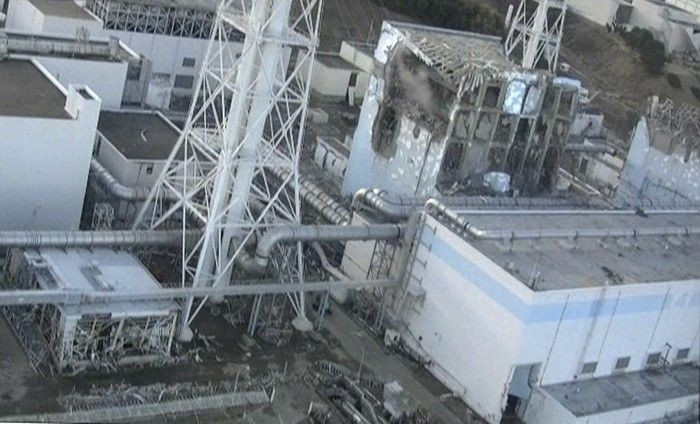TEPCO Debt Ratings Downgraded At Moody's

Moody's Japan K.K. has downgraded the ratings on Tokyo Electric Power Co., Inc., (TEPCO) including the senior secured rating, to A1 from Aa2, and the long-term issuer rating to A1 from Aa2.
The ratings remain on review for possible further downgrade, said the ratings agency, adding that the amount of debt affected is 5,080 billion yen, 1 billion euros, and 600 million Swiss Francs.
In addition, Moody's has placed TEPCO's Prime-1 short-term rating for commercial paper on review for possible downgrade.
The downgrade follows last week's devastating earthquake and tsunami on TEPCO's operations and reliability, the potentially massive costs that will be incurred to fully recover from these events and the effects on liquidity, and the resulting negative impact on the company's financial condition and credit profile.
Moody's expects about 25 percent of TEPCO's generating capacity may be down, contributing to the rolling blackouts and economic disruptions not just in Tokyo but throughout the main island of Honshu.
Although TEPCO's previous earthquake-related outages had been manageable -- and were followed by a gradual recovery in the company's financial performance -- Moody's believes that the magnitude and unprecedented nature of the March 11 disasters will have severely negative consequences for the company that will persist for several years at the very least.
Moody's noted that the TEPCO's generation capacity has been severely constrained by damage to several power plants, most notably at the Fukushima Dai-ichi Nuclear Power Station in northeastern Japan, where several reactors have been permanently disabled by damage because of the need to use seawater to cool down the reactors.
The plant has also been damaged by several fires and hydrogen gas explosions. Conditions at the Dai-ichi plant remain highly uncertain, with extraordinary efforts under way to cool the reactors and limit the release of radioactivity -- efforts that may continue for some time.
Several of TEPCO's other power plants remain off-line, including the nearby Fukushima Dai-ni nuclear power plant, as well as several thermal generating plants in the region, with the timing of their return to service highly uncertain.
The ratings agency expressed concerns over the cost of rebuilding the company's damaged infrastructure, constructing replacements for not only the Dai-ichi nuclear plant, but also for other nuclear plants, some of which may remain off-line indefinitely.
TEPCO is also expected to incur substantial costs for replacement power while new generation plants are built, adding to the company's financial needs.
Moody's expects that the utility's capital expenditures will rise considerably as a result of these developments, requiring additional debt, and adding to an already highly leveraged capital structure.
Nevertheless, over the longer term, we do see TEPCO's financial profile recovering. Ratings may be stabilized when we have a better idea of the costs to recover from these developments and the amount of time that will be needed to recover these costs, and see evidence of continued robust support from the Japanese government and banking system, Moody's said.
Moody's last rating action with respect to TEPCO was on March 14, 2011, when its long-term ratings were placed on review for possible downgrade.
TEPCO, one of the world's largest electric utilities, supplies power to a population of 44 million customers in Tokyo, Yokohama, and the rest of the Kanto region.
© Copyright IBTimes 2025. All rights reserved.





















